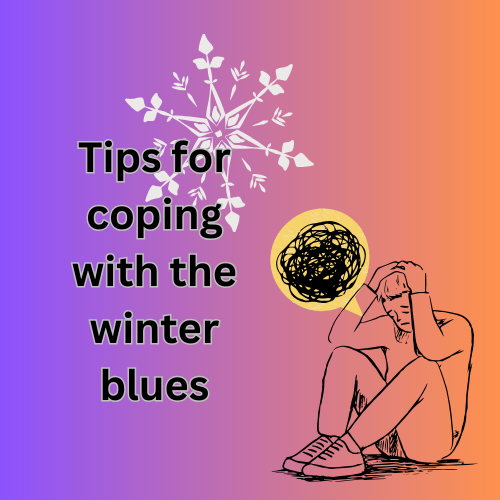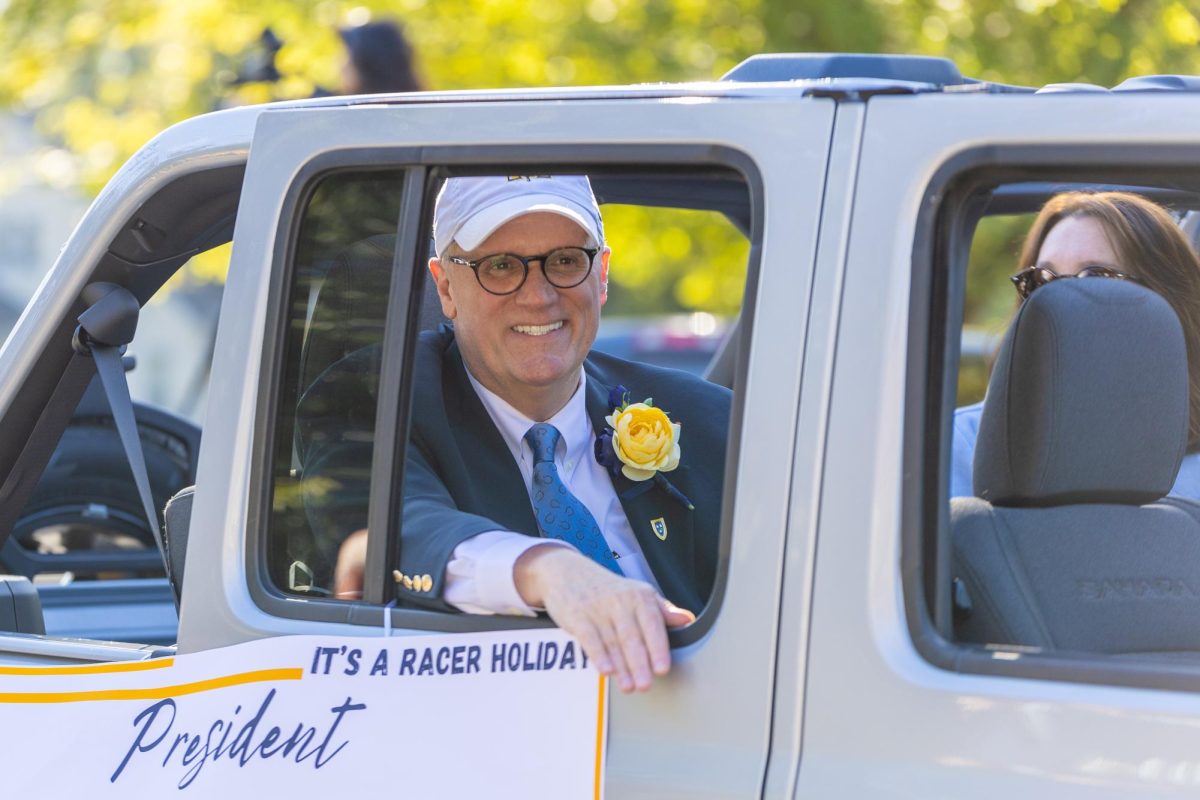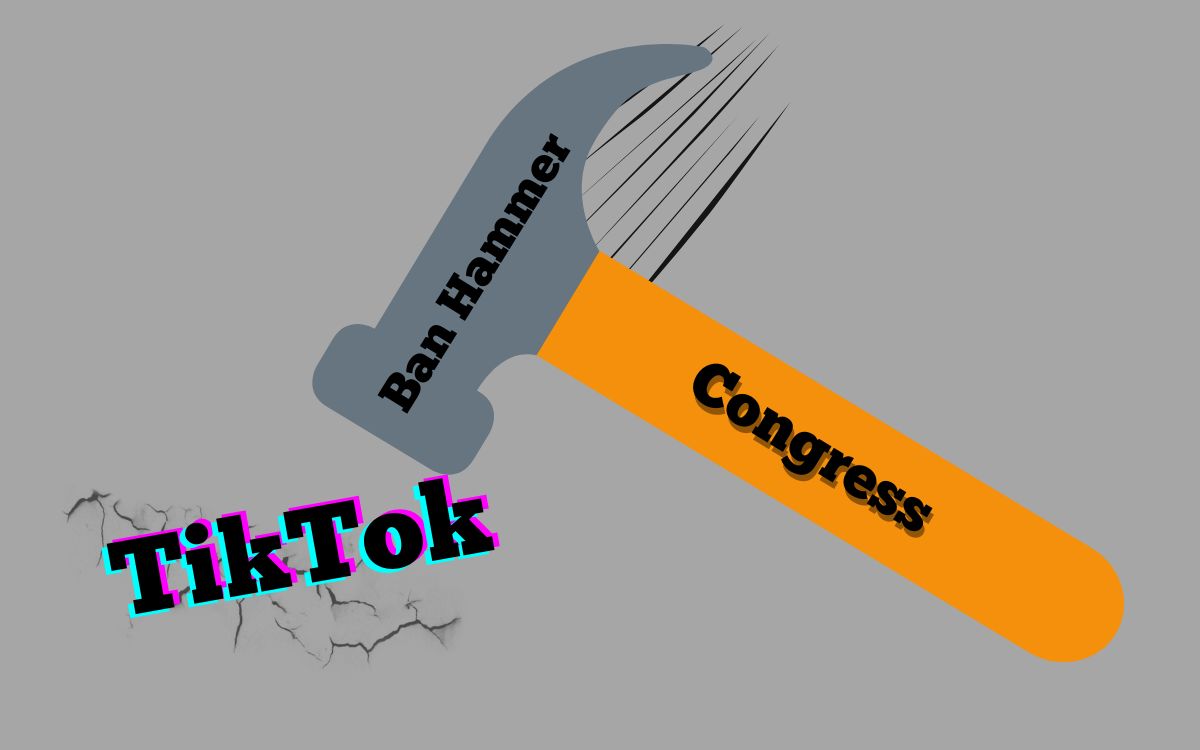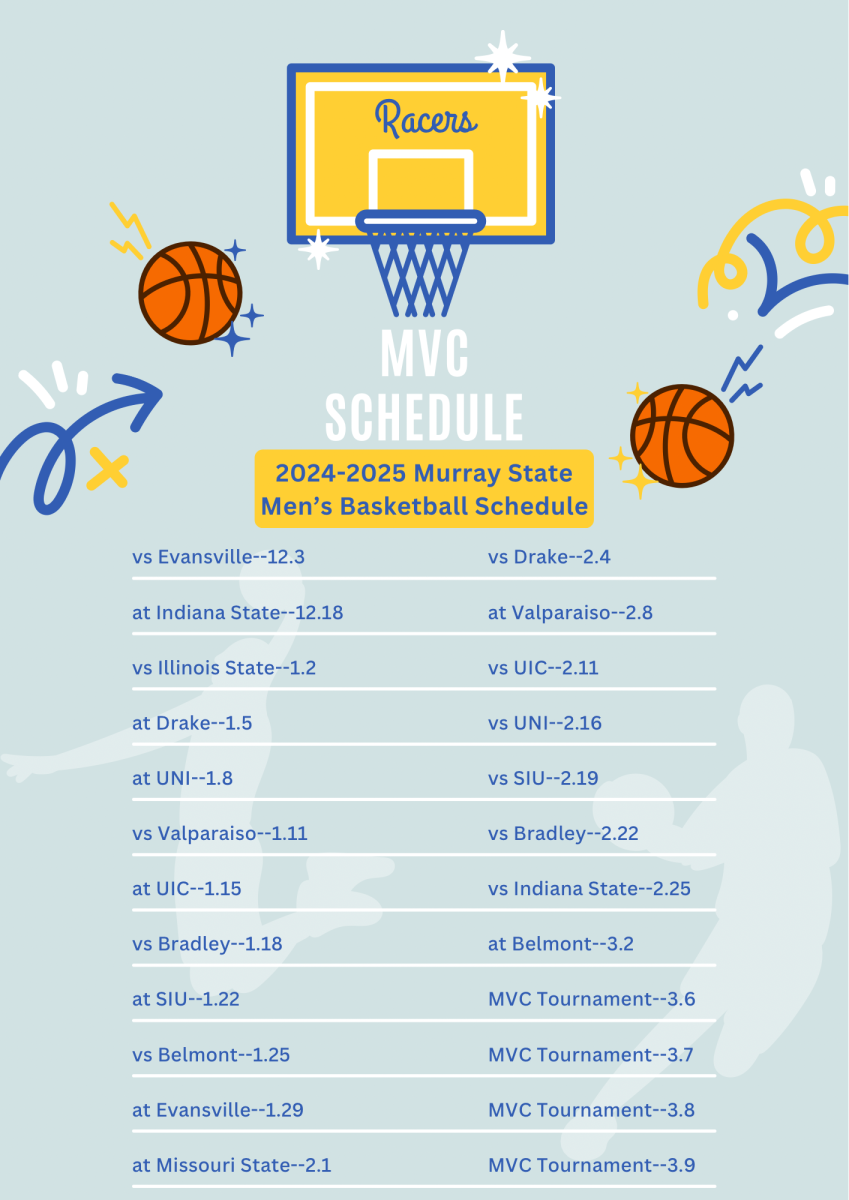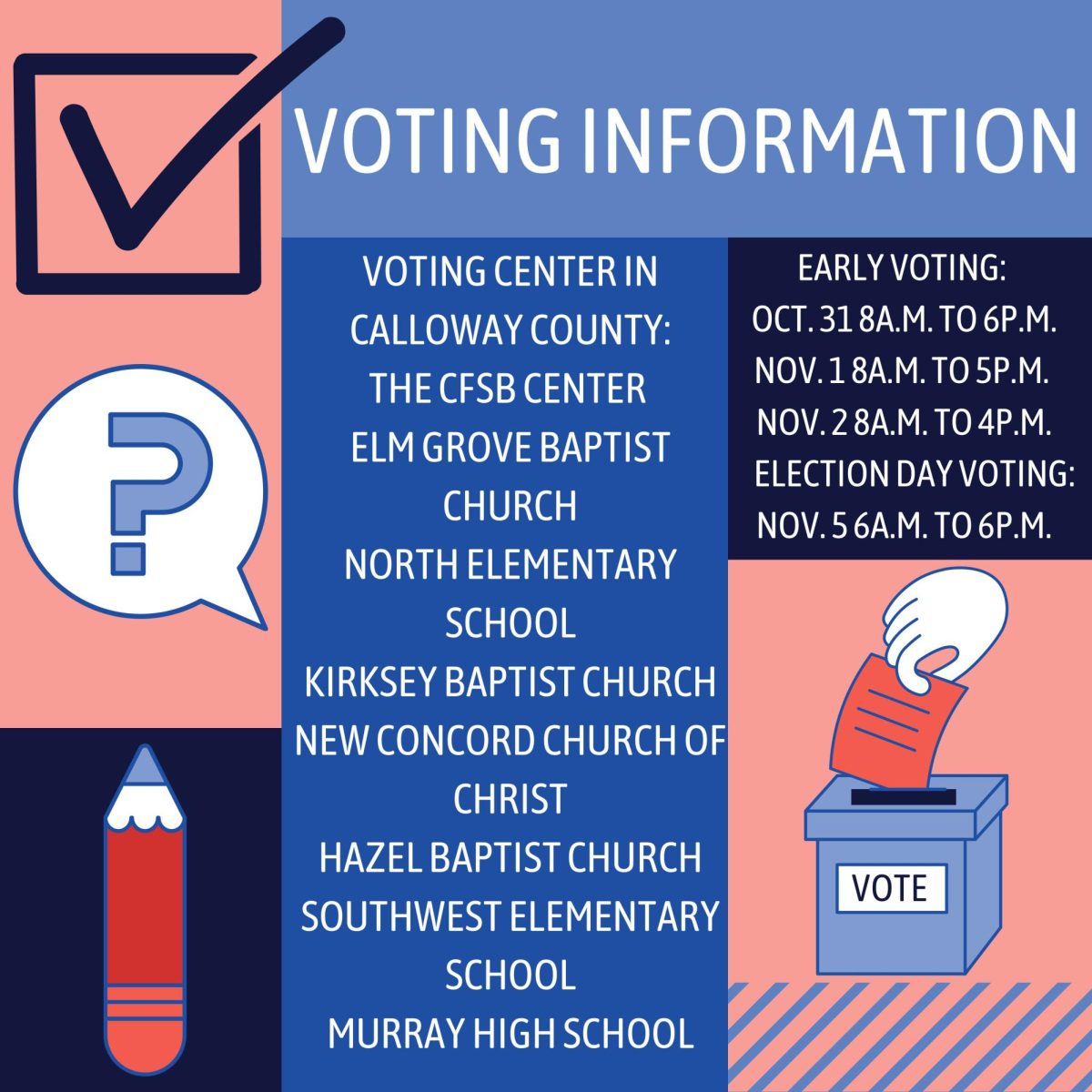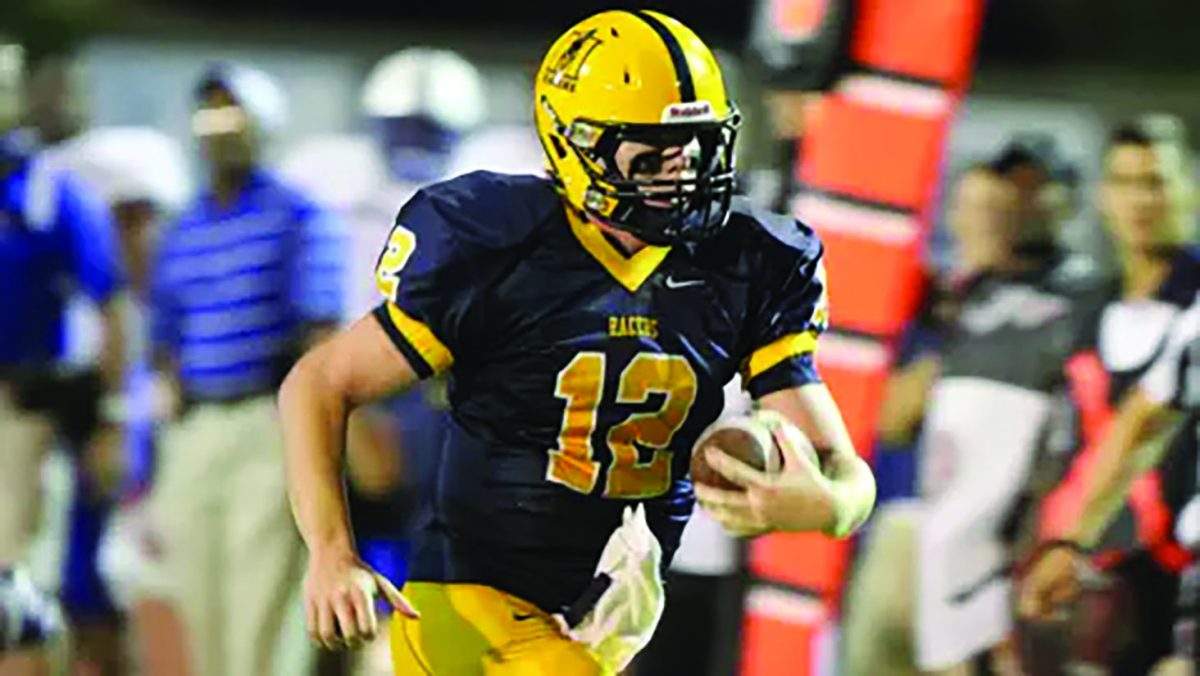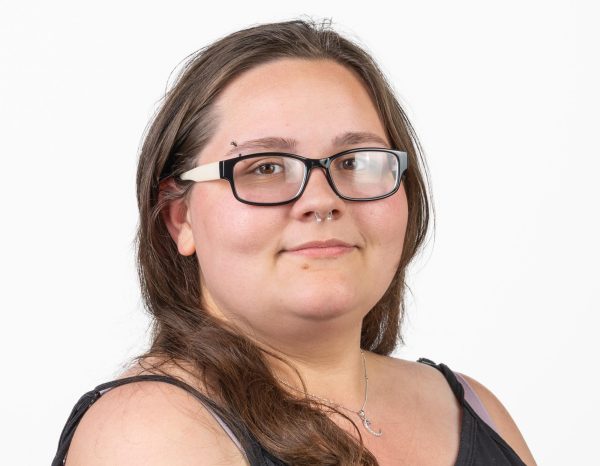Temperatures are dropping and snow is falling upon Murray State, but the cold winds carry more than just frost. Many students are finding themselves catching a case of the winter blues. Otherwise known as Seasonal Affective Disorder (SAD), the winter blues are caused by shorter days and colder temperatures.
“Sunlight is much more important to us than we realize,” said Angie Trzepacz, director of Counseling Services “We’re like plants.”
As the weather gets colder, social interactions tend to decrease.
“SAD is more common in areas of the world that have less sun, like shorter days in the winter,” Trzepacz said. “If you’re going to avoid going out, you’re going to stay at home, it’s going to affect your social life, it’s going to affect your mental health.”
This behavior results in students secluding themselves in their rooms. Creating an unhealthy cycle of hibernation.
Melissa Hargaty, Sophomore Music Education major, normally spends their time socializing Hargaty said they rely on a sense of community and felt as if they are missing a puzzle piece to their everyday life.
“I’m more of a social person,” Hargaty said. “I like getting out and playing games and can’t go the whole day without seeing people. Yesterday, I went to a friend’s dorm, but even then just sitting indoors watching a movie wasn’t what I needed.”
Noah Padgett, Hargaty’s partner, said he noticed her depressive patterns and wanted to find a way to help her.
“The winter affected her more than she probably was willing to let on,” Padgett said, “The thing with Murray is, unfortunately, a lot of the stuff you do is outside, you know?”
After plans getting delayed by snowy weather and ultimately reaching the same bump in the road Hargaty did, he started brainstorming creative ways to keep the two of them socializing.
“We started getting our friends together and playing games like ‘Who’s most likely to?’ and discussing who we are as Bluey characters,” Padgett said.
Having a friend to help you keep your head held high during such trying times can make or break how SAD affects a student. Trzepacz notes the importance of identifying an accountability partner. When noticing a friend beginning to seclude themselves from otherwise typical activities, Trzepacz identifies ways in which an accountability partner can help a student struggling with SAD.
“One of the best things you can do as a friend of someone with seasonal depression is telling them no,” said Trzepacz, “No, if you don’t want to get out in the cold I’m just going to come to you, or no, you have already canceled on me three times this week.”
Hargaty recognized her boyfriend as her accountability partner, even if he was self-appointed.
“My boyfriend has been very optimistic through everything,” Hargaty said. “My mental health definitely affects him, but he always has me over at his dorm to keep me busy and social.”
Hargaty also finds a great deal of support in the counseling services offered at Murray State.
Murray State recognizes that several students suffer from SAD and is making efforts to bring light to the situation.
“Another thing that we have available here at the counseling center is a lightbox,” Trzepacz said. “Basically it’s just a brighter light than a typical light, [and] just like the sun your body can sort of absorb that light.”
Located inside counseling services, the Zen Den allows students to request time with the light box or stop by to see if the light box is available for use at that moment.
Ready to get back into a second semester of counseling at Murray State University, Hargaty finds comfort and progress when talking to her therapist.
“I think my most open state is when talking to my therapist,” Hargaty said “It has helped me develop better communication with my feelings, which is something that is very recent.”
Though there is no over-the-counter medicine for the winter blues, there are things students can do. By building personal connections, identifying issues and exploring counseling services, students can manage the challenges of SADAs the snow continues to fall, the University embraces the warmth of community and resilience against the winter shadows.
The Counseling Center is open 8 a.m. to 4:30 p.m. in the Oakley Applied Science Building, but appointments are also available on Zoom. Counseling is available to any student. Whether you need to talk to the on-call therapist or are interested in longer term counseling, you can apply online, make a call or simply walk in.

























































































